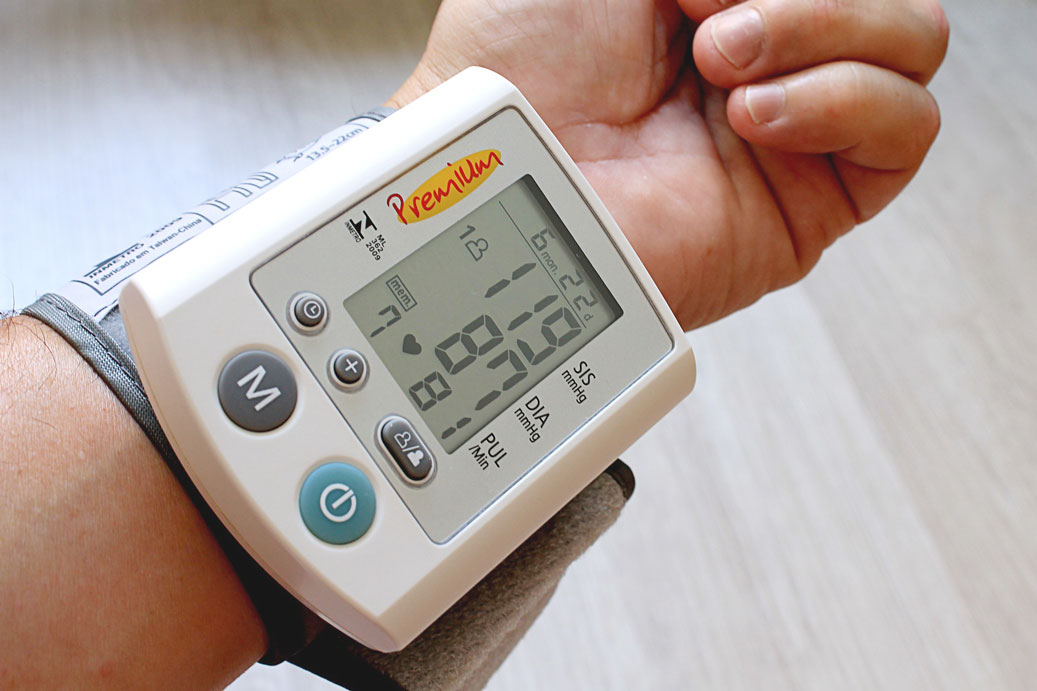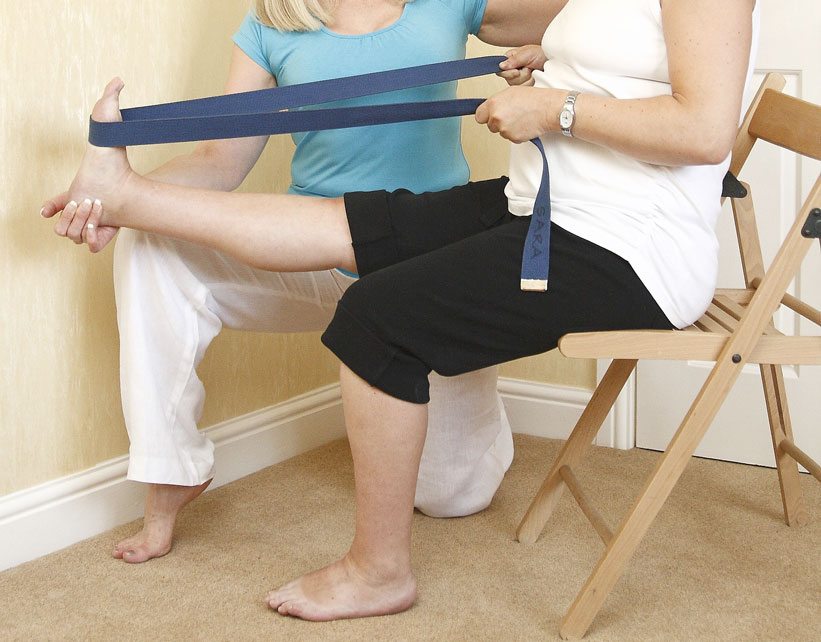Why You Need to Continue Medical Treatment After a Car Accident
You probably already know that if you’re injured in a car accident, you should go to the emergency room as soon as possible. Depending on how severely injured you are, you may be rushed to the ER in an ambulance. Once at the hospital, doctors will assess your medical condition and begin your treatment. But […]

May 19, 2017

You probably already know that if you’re injured in a car accident, you should go to the emergency room as soon as possible. Depending on how severely injured you are, you may be rushed to the ER in an ambulance. Once at the hospital, doctors will assess your medical condition and begin your treatment.
But when you’re released from the hospital, what do you do? Bills are piling up, you’re trying to figure out when you can return to work, and you’re busy juggling the other aspects of daily life that don’t slow down just for a car accident: kids’ afterschool activities, your own studies, grocery shopping, etc. Depending on the nature and severity of your injuries, you may be tempted to skip your follow-up appointments or neglect to set up a consultation with a specialist.
It’s not enough just to go to the ER after a car accident and hope the doctors can solve all of your medical problems in one visit. Continuous medical treatment is necessary after an Indiana car accident not just to improve your health, but also to document your Indiana car accident claim.
How Continued Medical Care Affects Your Case

Continued medical care is one of the most important aspects of your Indiana car accident case. Why? Well, the insurance company wants to minimize your injuries. They may try to claim that your injuries aren’t as severe as you’re saying or that your injuries are the result of a pre-existing condition, not your car accident.
If you don’t seek medical treatment, you can insist all you want that your injuries are severe and are from your car accident, but the insurance company isn’t likely to listen to you. And why should they? You’re likely not a medical expert. You may think your wrist has a hairline fracture, for example, but maybe it’s just a sprain. Until a licensed medical professional looks at it, you can’t be sure.
Your doctor’s evaluation of your condition and the treatment they prescribe for you can serve as a sort of expert testimony in your case. It’s harder for the insurance company to argue that your doctor gave you a cast for eight weeks for no reason, for example, than it is to argue with you that your wrist is only sprained if you haven’t seen a doctor.
Following Your Doctor’s Orders

Continued medical care also shows the insurance company that you’re doing everything you can to regain 100 percent of the health you had before your accident. This can be important because you need to be able to trace your injuries back to your car accident and not to any mistakes you make later.
For example: You’ve been in a car accident and you’re suffering from depression and anxiety because of it. You see a doctor, and they refer you to a therapist. At your initial appointment with your therapist, they recommend that you see them once a week. But you stop going completely after two weeks. Your depression and anxiety get worse, and you stop leaving your house. You stop eating and end up back in the hospital.
You would find it difficult to claim that your new hospital bills are the direct result of your car accident. Yes, your car accident directly triggered your depression and anxiety, but your therapist recommended that you see him weekly, and you stopped going. Your insurance company would argue that it was your decision not to go to therapy and they shouldn’t have to foot the bill for your hospital stay.
Complications can occur in any person’s medical condition, but you should do your best to follow your doctor’s orders so you don’t create complications for which you’re responsible. Whether you stop taking a prescribed drug or insist on walking around when your doctor recommended crutches, you’ll likely worsen your medical condition and your Indiana car accident claim by going against your doctor’s orders.
Maximum Medical Improvement (MMI)

You also need to continue your medical treatment after your car accident to show that you’ve reached maximum medical improvement (MMI). MMI is the highest percentage you are able to recover of the health you had before your car accident.
The hope after any car accident is that you’ll regain 100 percent of the health you once had, but that may not be the case. Severe injuries can be forever life-changing, such as the loss of a limb or a form of paralysis. No matter how strictly you follow your doctor’s orders and follow up with rehabilitation therapy, you may never be able to recover the health you once had.
Your attorney will not settle your claim for damages until you are finished with your medical treatment or have reached MMI. This ensures that you are requesting that all of your damages be covered by insurance, not just the ones you’re experiencing right now. As noted before, complications can and do arise, and your attorney wants to make sure you don’t accept a settlement that doesn’t cover all of your bills.
If you don’t seek continued medical treatment, you will likely find it hard to hire an attorney willing to represent you. Let’s say you broke your arm and the cast is coming off in two weeks. You’re eager to reach a settlement because your medical bills are beginning to pile up, and the insurance company offers to pay all of your medical bills. That’s all you ever wanted in the first place, so you instantly accept.
But two weeks later, your doctor insists that she cannot remove your cast. In fact, she’s discovered a complication that requires immediate surgery.
Now you have new medical bills from your surgery and you have to take more time off from work to let your arm heal. But when you let the insurance company know you have more medical bills, they refuse to pay them. You accepted your settlement, and now they no longer owe you a penny.
It’s true. Once you accept your settlement, you can’t go back and ask for more when complications arise. That’s why your Indiana car accident attorney will stress how important it is for you to have patience while you seek medical treatment. Yes, your bills are piling up—but the bills have to pile up so you can know exactly how much you should ask the insurance company to cover.
Document Your Treatment

Your attorney will request your medical records, but it’s a good idea for you to document your treatment as well. This will further strengthen your Indiana car accident claim when the insurance company tries to minimize your injuries or deny their existence. Consider keeping a daily journal of your symptoms and what makes them better or worse. Ask lots of questions when you visit your doctor and write down her recommendations so you know exactly what to do. Make it easy for your personal injury attorney to verify that you’re seeking treatment and sticking to any prescriptions or recommendations your doctor gives you.
Help from an Indiana Car Accident Attorney
The best thing you can do for yourself and your Indiana car accident claim is to prioritize your health after an Indiana car accident. Seek medical treatment and follow your doctor’s orders to the letter. Not only will your medical condition hopefully improve, but you will also bolster your Indiana car accident claim and increase your chances of getting the compensation you deserve.
An Indiana car accident attorney can make sure you’re staying on track and focus on your Indiana car accident claim while you focus on getting better. Call Hensley Legal Group today or contact us online for a free consultation about your car accident, and be sure to download our free eBook, Consumer’s Guide for Injured Victims, for more information.
Available 24/7
Free Case Review
You won’t pay any fees until we win your case.
It’s easy - you can: